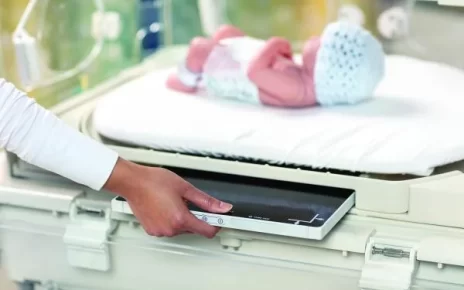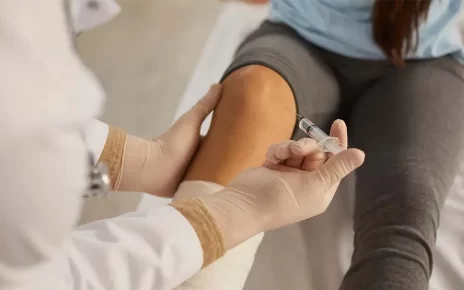Welcome to the world of medical clinics, where we don’t just treat illnesses, we prevent them. Locations like LEEP Atlanta are prime examples of this shift towards fostering health promotion and preventing disease. This is not a new concept. It is as old as the Hippocratic Oath – ‘First, do no harm.’ So, let’s delve into how today’s clinics embody this ancient wisdom, prioritizing prevention over cure.
The Changing Face of Medical Clinics
Time has changed the face of medicine. Once, medical clinics were places of treatment. Now, they’re also places of prevention. They’re not only about healing, but about keeping people healthy. They don’t wait for disease to strike. They take steps to stop it in its tracks.
How Modern Clinics Foster Health
Many clinics now offer health promotion activities. These could be anything from exercise classes to healthy cooking demonstrations. They educate patients on the risks of unhealthy behaviors like smoking. They also give advice on lifestyle changes. These simple steps can make a big difference to overall health.
Prevention is the key in these clinics. They offer regular check-ups and screenings. They catch early signs of disease before it becomes serious. They aim to nip problems in the bud.
LEEP Atlanta: A Case Study
Consider LEEP Atlanta. This clinic provides an important service to women. It works to prevent cervical cancer through early detection. Their work saves lives every day. They focus on prevention, not just treatment.

Proof is in the Numbers
Prevention pays off. Studies show that it can save money and lives. Here are some numbers from a study by the National Institute of Health:
| Intervention | Cost Savings |
| Blood Pressure Screening | $24,000 per life-year saved |
| Cervical Cancer Screening | $19,000 per life-year saved |
| Cholesterol Screening | $30,000 per life-year saved |
Conclusion
Medical clinics have come a long way. They’ve moved from treatment to prevention. They’re playing a key role in promoting health. They’re saving lives and money. They’re doing no harm, and a whole lot of good. That’s a change worth celebrating.





